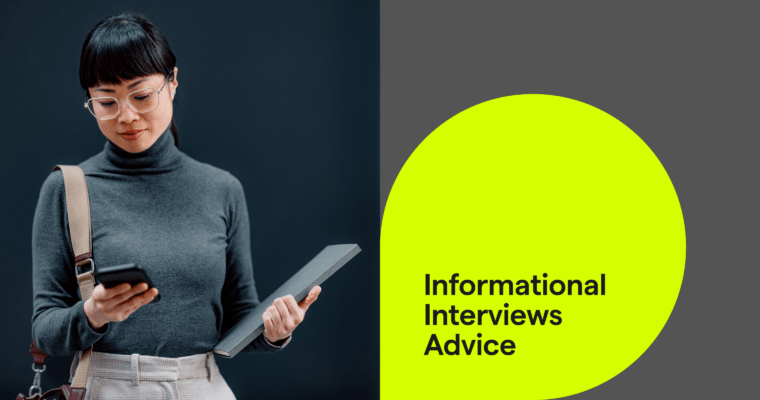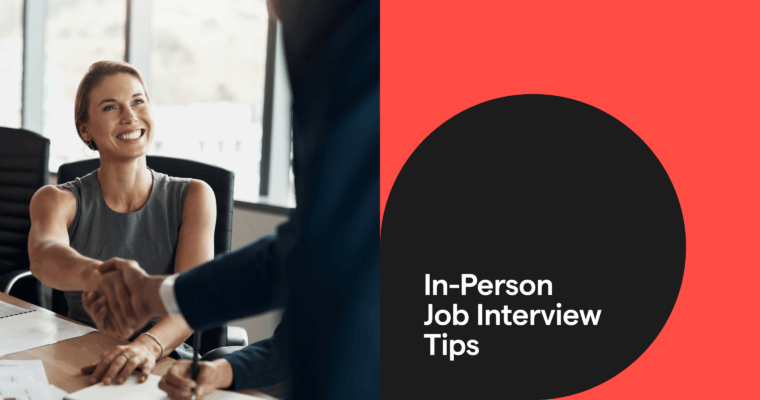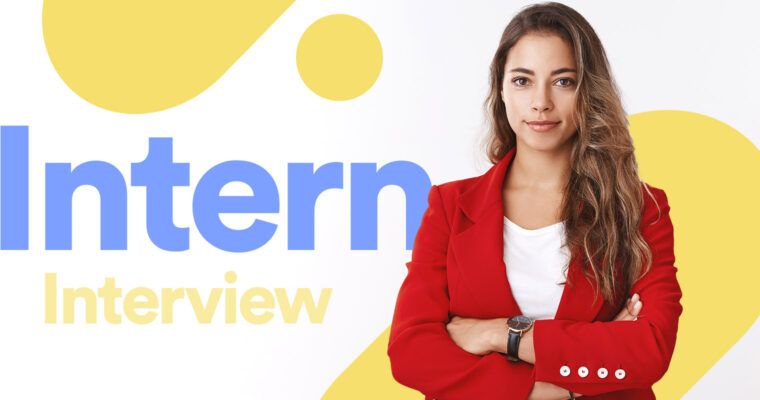
You’ve been invited to a second interview—well done! But don’t get too comfortable just yet. If you’ve been asked to interview a second time, you’re likely up against the company’s top few candidates. That means the stakes are higher than ever, and you need to prepare to give the interview all you’ve got.
Why Second Interviews Are So Important
Think of the first interview as the getting-to-know-you phase. The interviewer assessed whether your skillset checked off all the right boxes and you seemed like a good cultural fit. In the second interview, the hiring manager who chose you gets to show you off. “Look! Here’s one of my top picks for this position.” You’ve got to make him look good by proving him right.
It’s also essential to realize that you’re almost certainly not the only person interviewing a second time. You’re going to be up against another candidate or two with qualifications that closely match your own. You may even be a little bit behind the curve for one reason or another. Perhaps you’re an amazing cultural fit, but you fall a bit short on experience compared to another candidate.
For these reasons, it’s essential to pull out all the stops in preparing for your second interview. You need to go in ready to make an impression that will earn you a job offer.
In the second interview, the hiring manager who chose you gets to show you off. “Look! Here’s one of my top picks for this position.” You’ve got to make him look good by proving him right.
What Happens in a Second Interview
Chances are, your second interview will be with the person who interviewed you, plus another stakeholder or two, such as a manager or department head. Although you’ll be introduced to new people, and you may be asked some of the same things you were asked during the first interview, you should be prepared for some more in-depth questions.
Second interviews typically include more detailed questions about your qualifications and your ability to handle the job. Prepare to be asked how you’d handle various on-the-job situations. Where first interview questions are often more general, expect second interview questions to become more specific and targeted toward the job you’re applying for.
Examples of Common Second Interview Questions and Answers
What challenges are you looking for in a position?
This is a good time to talk about skills you’d like to advance. If you’ve recently received education or a certification, you might discuss how eager you are to apply what you’ve learned.
Why are you interested in working for this company?
Hopefully, by now you understand the requirements of the job very well. Use this question to reiterate how having skills that match those requirements makes you excited to take on a new challenge.
What do you know about this company and what we do?
Research! Take notes as you’re exploring the company website, social media profiles, and the LinkedIn accounts of key players and people you’ll likely be talking to. Being able to talk about what you’ve learned shows enthusiasm and passion.
Why are you the best person for the job?
Again, this is a great opportunity to reiterate your skills and accomplishments and how well they match the requirements for the position. If you’ve already addressed these things, talk about soft skills like your work ethic, adaptability, or willingness to take on new challenges.
Why do you want to work here?
This question will make your research pay off yet again. Talk about how your goals align with the company’s objectives.
What are your salary requirements?
It’s important to know what you should be earning, so advance research will help you negotiate. Begin by saying that you’re open, based on the requirements of the position and the overall compensation package. Wait to see what’s offered and negotiate from there. If you’re forced to give a number, be prepared to show research that supports your salary request.
Preparing for a Second Interview
In some respects, second interviews are easier—you already have a good idea about the things you said in your first interview that sold the hiring manager. Now, your job is to expand on them and show the company why hiring you would be a sound business decision.
Build on your first interview.
Pay attention to the hiring manager during your first interview. She’s likely to give subtle (or not-so-subtle) tells when something piques her interest. She may nod her head, lean forward, smile, ask clarifying questions, or show other signs of enthusiasm.
What responses did the interviewer react positively to? These are some of the same things you should drive home in your second interview.
Do your homework . . . again.
You probably researched the company for your first interview. That knowledge helped you become a leading candidate. Now it’s time to dig in again and find out all you can about the company, the requirements of the position, and the people you’ll be talking to.
Scour the company website and social media accounts. Do a Google search to see if they’ve been featured recently in the press. You’ve probably already noticed major themes, like whether the company values innovation or has a more traditional structure. Now is a good time to home in on details. Knowing more about the company will enable you to relate your skills to the company’s needs.
Expect the unexpected.
When you’re offered the second interview, it’s perfectly acceptable to ask what you should expect and who you’ll be talking to. Knowing the names and titles of the people you’ll be interviewing with, as well as other details about the process, will help you prepare.
If your job is such that you can build a portfolio of samples, prepare one and bring it. Even if you showed them at your first meeting, the new person or people that you meet with will also benefit from seeing them.
You’ll likely meet several people, so consider scripting a brief elevator pitch to introduce yourself, your skills, and your experience. Rehearse your spiel so you can recite it easily when the time comes.
The stakes may well be high with a second interview—although you’ve garnered attention, that job offer’s not in the bag yet. But taking the time to prepare will enable you to walk in with a level of professionalism and confidence that’s sure to impress.






